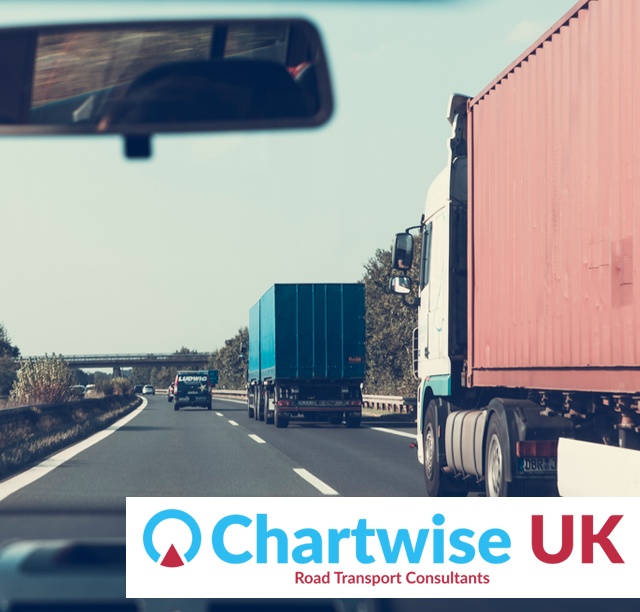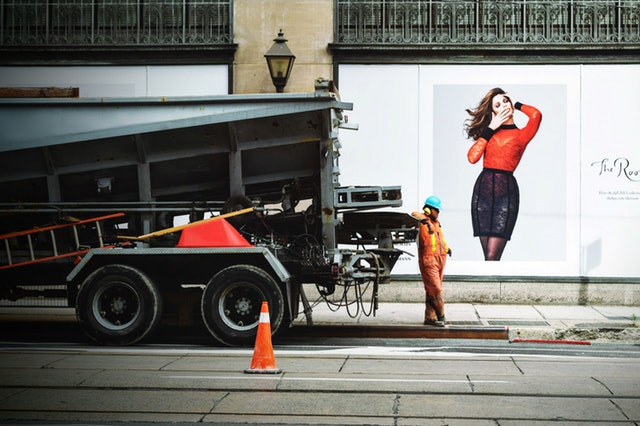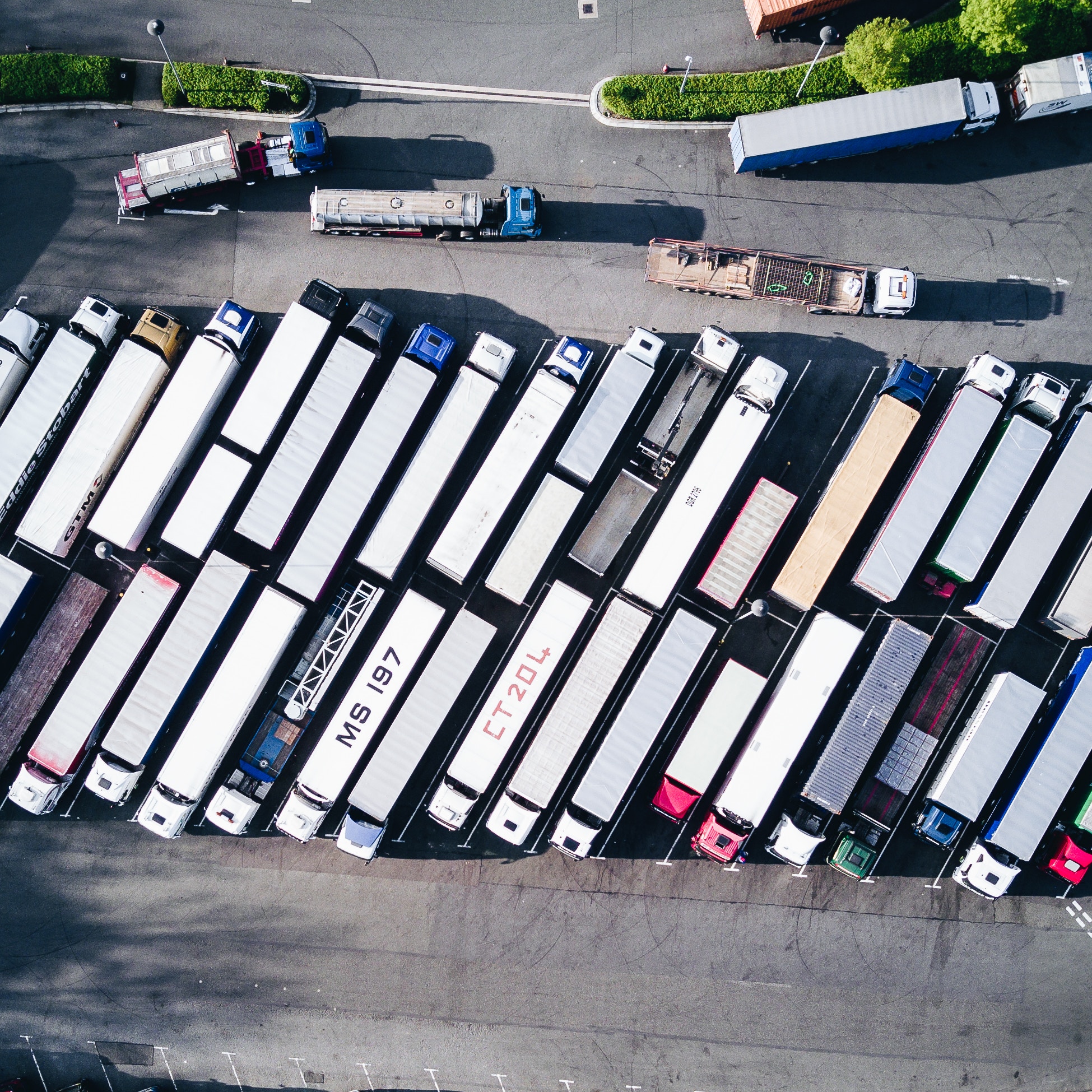It's been hitting the headlines with a fury of late. And for good reason, some would say.
Because the debate around noxious CO2 emissions, and their increasingly-criminalised link to the diesel engine, has got road freight chiefs and politicians at loggerheads.
Many outside of the industry have disregarded the issue as a purely environmental matter. But those within it know better. It's not for nothing that the FTA said the ULEZs (Ultra-Low Emissions Zones) were being implemented "at a cost to the livelihoods of many small businesses".
Indeed, the wider ramifications are not to be sniffed at. The impact on haulage firms, regardless of size, will be detrimental. At least in the short-to-medium-term. Taking the long view, the issue gets more complicated.
So, without further preamble, here are a few things hauliers need to know about the War on Diesel - how it applies to them, and what they should expect.
1. There are days of struggle ahead for pre-Euro 6 trucks
While the industry as a whole is under the cosh, it's older trucks specifically that are bearing the brunt.
One example of this involves the HGV Levy. Nicknamed the 'green tax', the Levy will, from February 2019, take an additional £200 from the pockets of hauliers who operate Euro 5-and-earlier lorries.
By way of explanation, the DfT say HGVs generate about a fifth of all harmful NOx emissions produced by road transport, while travelling only 5% of the miles.
But this interpretation's been called into question. Using raw data from governmental research, the RHA composed its own NOx Emission Assessment. The study found that in 2015, lorries and buses combined accounted for only 7.6% of said emissions. How does that look in the wider scheme of things? Well, as for HGVs specifically, it's a 43% drop on the sum total of 2013.
What's more, if the decline continues along that course, that figure will be 70% by the end of 2021.
The RHA says these numbers demonstrate that logistics is already improving the situation at an impressive rate, without interference from the State. And I'm inclined to agree - how could further penalisation speed up the process?
But, perhaps we're getting overly laden with statistics. What does the situation mean for you? In brass tacks: that's £1,200 you'll have to shell out for the privilege of using the UK road network, if your truck doesn't run on a Euro 6 engine.
In real terms, it's even scarier...
2. By 2020, half of the UK's lorries will face levy increases and CAZ charges
That's because at the end of 2019, 50% of UK wagons will be older than Euro 6. That places them directly under the scope of the 'green tax' and Clean Air Zone (CAZ) charges. That's worrying enough considering the current scale of things, but let's be frank - who knows how many CAZs will be in operation by then?
The government has disregarded the RHA's calls to exclude Euro 5 vehicles from the increases, even though the Euro 5 is head-and-shoulders above its predecessors, in terms of cleaner emissions.

Given the deadlines set by the State, how many hauliers will have the time, or resources (or time to accrue the resources), to replace their fleet with a collection of shiny, new Euro 6s? Many operators I've been in contact with have resigned to simply paying the penalties going forward. Most have no idea when, if ever, they will be able to make the step up to the Euro 6.
It's hard to remain optimistic under these conditions. When your own elected government appears to be trying so hard to incentivize you out of your profession, it's difficult not to be outright distraught.
3. For newer trucks, however, there's some relief
I know, for the majority, it's small change. At the recent Microlise Transport Conference, for instance, over 85% of industry professionals predicted that the measures to improve emissions quality would negatively impact their firm.
74% of that same audience said they thought the State was legislating unfairly against the road haulage sector.
But my intention here is to educate, not to censure. As such, a positive remark or two would not go amiss.
Firstly, if you are one of those operators with Euro 6 44-tonners, then your outlook isn't all that bleak. In fact, compared to that of your competitors, it may look downright rosy.

Let's return to the Road User Levy. Whereas those with older trucks will be penalised to the tune of £200, those running new trucks will be rewarded, if you like, with a £100 reduction. That means, from February 2019, Euro 6 fleets will be green-taxed £900 annually.
On a more microcosmic scale, there's some brighter news from Leeds. After being inundated with calls from businesses to review their CAZ proposals, Leeds City Council did just that.
In answer to the suggestions (totalling nearly 9,000), the Council's revised two key areas:
- The charge, which for HGVs, buses and coaches has been halved to £50 per day, and
- The zone itself, the boundaries of which have been reduced.
FleetNews published a more comprehensive rundown of the situation.
But this isn't just good news in and of itself. It's proof of something greater. And that something greater is this: businesses, even in this heavily-controlled, anti-enterprise culture, can take effective stands against governmental bodies.
I hate using cliches, but put simply; hauliers, you do still have a voice.
My advice is to use it.
And that's the real education here.
In the next few weeks, we'll be publishing a list of all the UK cities currently pegged to implement CAZs or ULEZs, when they're due to be implemented, and how much you'll have to pay to enter them. So, keep an eye out for that.
In the meantime, though, let's come up for some fresh air. My colleague Chris Allen's been chewing over this emissions situation for the past few weeks, and you can bet he has a few things to say on the matter.
For his straight-talking, no-nonsense approach, the webinar is the perfect medium. That's why he releases one every week.
You can register for the next one via this button:





